Medjool Dates
Medjool dates are widely recognized as the “King of Dates” for good reason. Large, soft, and exceptionally sweet, these dates are favored across the globe not just for their luxurious taste but also for their dense nutritional profile. Originally cultivated in Morocco, Medjool dates are now grown in several regions, including the United States, Israel, Palestine, and Jordan. Egypt is the worlds largest medjool dates wholesale producer. Their popularity spans across cultures, cuisines, and health-conscious lifestyles.
What Are Medjool Dates?
Medjool dates (Phoenix dactylifera) are a soft, large-sized variety of dates known for their juicy, chewy texture and rich caramel-like flavor. They are typically 2 to 3 inches long and have a wrinkled outer skin that is slightly glossy due to their high natural sugar content. Unlike many other varieties, Medjool dates are harvested manually and sold as fresh fruit, not dried, even though they appear dried due to their naturally low moisture level.
These dates do not undergo any dehydration or processing to extend shelf life. They are picked ripe and immediately packaged, making them one of the most natural and least-processed sweeteners available on the market today.
Cultivation and Harvesting
Medjool date palms thrive in hot, arid climates with long sunny days and minimal rainfall. Countries with desert environments, such as Morocco, Egypt, and certain parts of California and Arizona, provide ideal growing conditions.
The trees can take up to 7 years to bear fruit and are labor-intensive to maintain. Each palm can grow over 20 meters high and produce 100 to 300 pounds of dates per year. The dates are handpicked during the harvest season, which typically falls between August and October. Workers often use ladders or climbing harnesses to reach the fruits growing high up in the trees.
After harvest, the dates are sorted by size and quality. Jumbo Medjool dates are the most desirable and are often sold at a premium price in gourmet markets and health food stores.
Nutritional Profile
Medjool dates are an impressive natural source of energy, vitamins, and minerals. A 100-gram serving provides approximately:
Calories: ~277 kcal
Carbohydrates: ~75 grams
Sugars: ~66 grams (natural)
Fiber: ~7 grams
Protein: ~2 grams
Potassium: ~660 mg
Magnesium: ~54 mg
Vitamin B6, Niacin, Riboflavin
Calcium, Iron, Copper, and Manganese
Antioxidants: Flavonoids, carotenoids, and phenolic acid
Despite their high sugar content, Medjool dates have a low glycemic index (GI) due to their fiber content, which slows the absorption of sugar into the bloodstream. This makes them a safer sweet snack option for people monitoring blood sugar levels, when consumed in moderation.
Health Benefits of Medjool Dates
Medjool dates are far more than just a sweet treat. Their unique combination of essential nutrients and antioxidants makes them beneficial for overall health and wellness:
Natural Energy Source: With a perfect balance of glucose, fructose, and sucrose, Medjool dates provide an immediate and sustained boost of energy, ideal for athletes or as a midday snack.
Digestive Health: Their high fiber content helps prevent constipation, support gut health, and regulate digestion.
Heart Health: Rich in potassium and magnesium, Medjool dates contribute to healthy blood pressure and reduce the risk of cardiovascular disease.
Bone Support: Medjool dates provide minerals like calcium, phosphorus, and magnesium, which are essential for maintaining strong bones.
Immune Boost: The antioxidants in Medjool dates help neutralize free radicals, reducing inflammation and protecting the body from chronic diseases.
Natural Sweetener: A healthier alternative to refined sugars, Medjool dates are ideal for people looking to reduce processed sugar in their diet.
Culinary Uses
Thanks to their size, sweetness, and moisture, Medjool dates are one of the most versatile fruits in the kitchen. Their culinary uses extend far beyond simple snacking:
Stuffed Dates: Commonly filled with nuts, cream cheese, tahini, or almond butter for an easy appetizer or dessert.
Smoothies and Shakes: A few pitted Medjool dates add natural sweetness and fiber to protein shakes or green smoothies.
Baking Ingredient: Substitute chopped dates for sugar or raisins in muffins, energy bars, or cookies.
Natural Sweetener: Blend into a paste and use in sauces, dressings, oatmeal, or baked goods.
Savory Dishes: Add them to Moroccan tagines, rice pilafs, or meat dishes for a sweet-savory balance.
Due to their natural richness and moisture, Medjool dates can even be used to make date syrup (also called date honey or silan), a common ingredient in Middle Eastern cuisine.
Storage and Shelf Life
Unlike dried dates, fresh Medjool dates are perishable and should be stored carefully. When kept in an airtight container in a cool, dry place, they can last for up to 3 months. For longer storage, refrigerate them to preserve freshness for up to 6 months, or freeze for up to a year. This strategy to keep the dates fresh is useful when ordering medjool dates wholesale.
Because of their high natural sugar content, Medjool dates do not spoil quickly, but exposure to heat or moisture can cause fermentation or hardening. It’s best to store them away from direct sunlight and always reseal the container after use.
If the dates begin to dry out, they can be softened by soaking in warm water for a few minutes before use in cooking or snacking.
Medjool Dates in the Global Market
The demand for Medjool dates has grown steadily, particularly in health food industries, organic markets, and gourmet food retailers. They are often marketed as a premium item due to their large size, attractive appearance, and superior flavor.
Countries like the United States, Morocco, and Israel are among the largest producers and exporters of Medjool dates. In the wholesale market, Medjool dates are available in various grades, such as Large, Jumbo, and Super Jumbo, and are typically sold in:
500g and 1kg retail packs
Bulk boxes for commercial buyers
Vacuum-sealed and resealable bags
Organic and conventional varieties
Pitted and unpitted options
Health-conscious consumers, vegan bakers, and athletes all favor Medjool dates as a clean-label, plant-based, and nutrient-dense product. As more people look for natural alternatives to refined sugars and processed snacks, Medjool dates continue to rise in popularity across global markets.



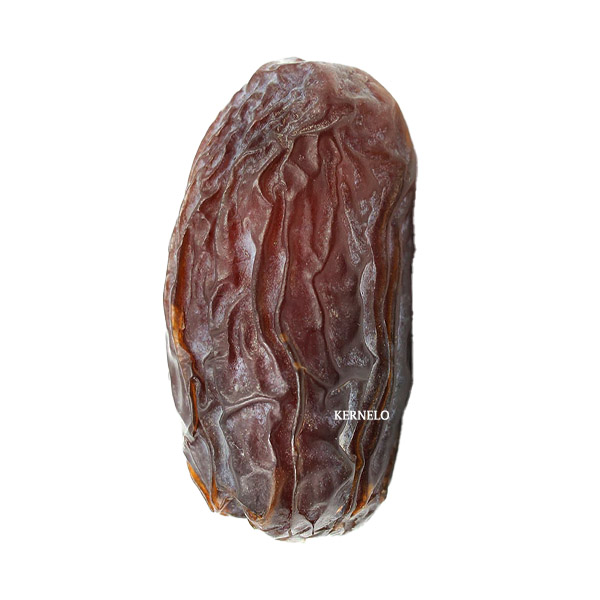
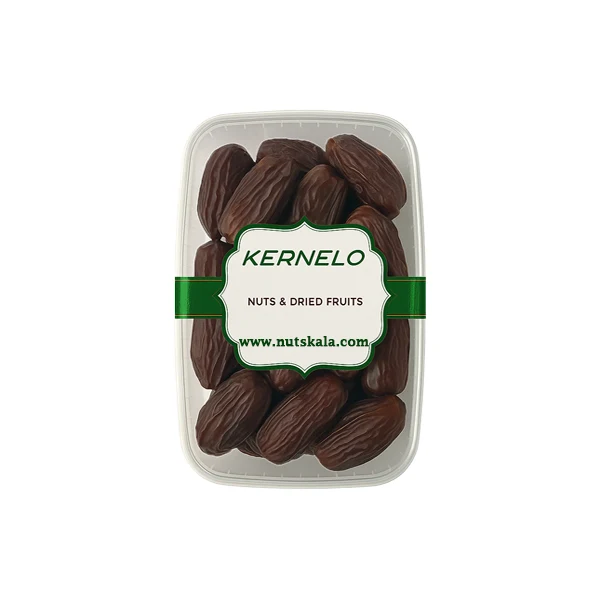

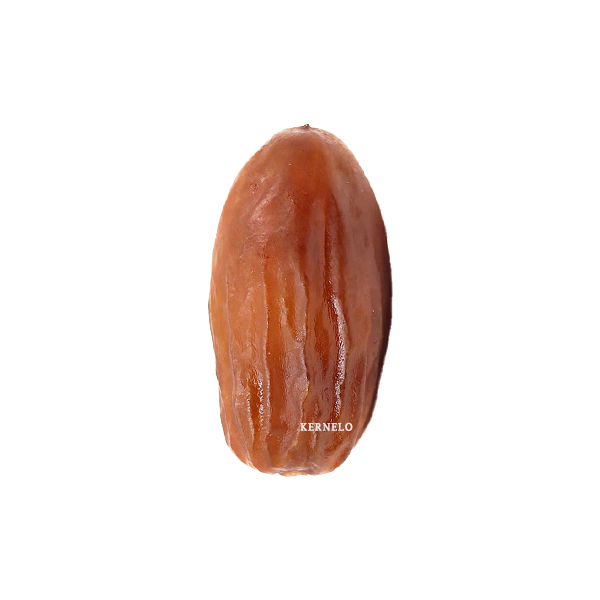
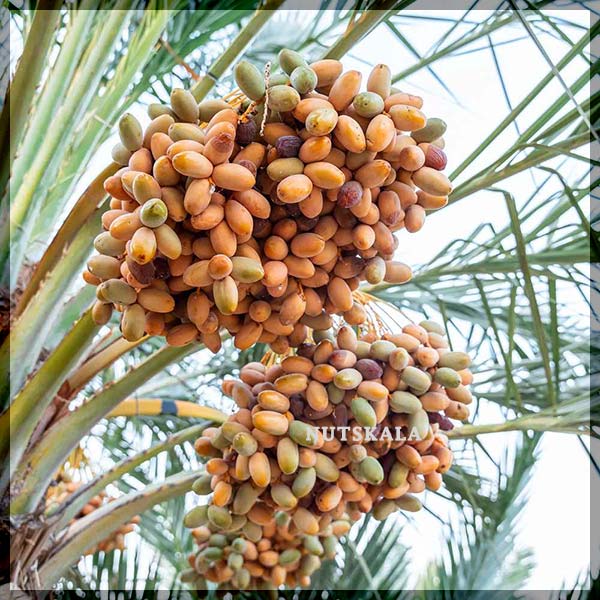
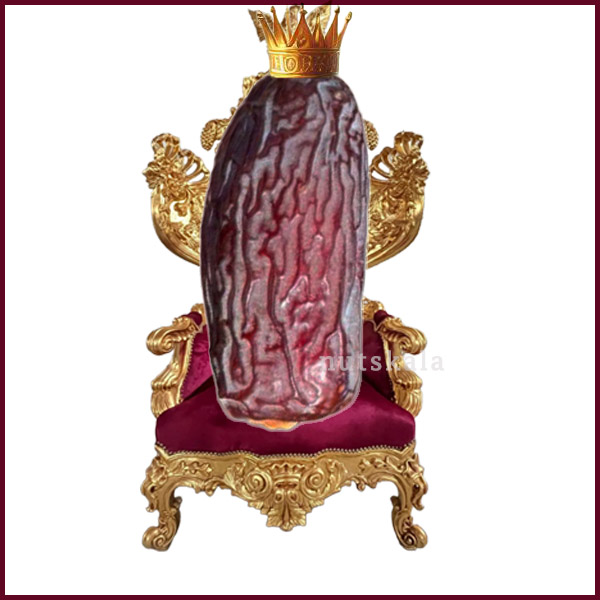
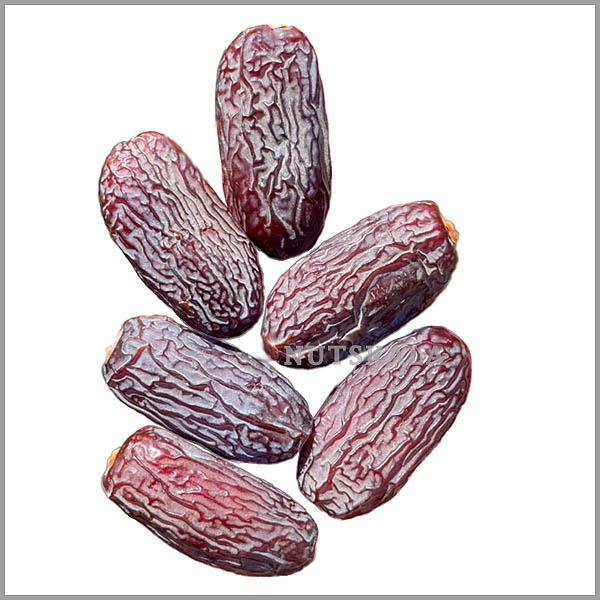
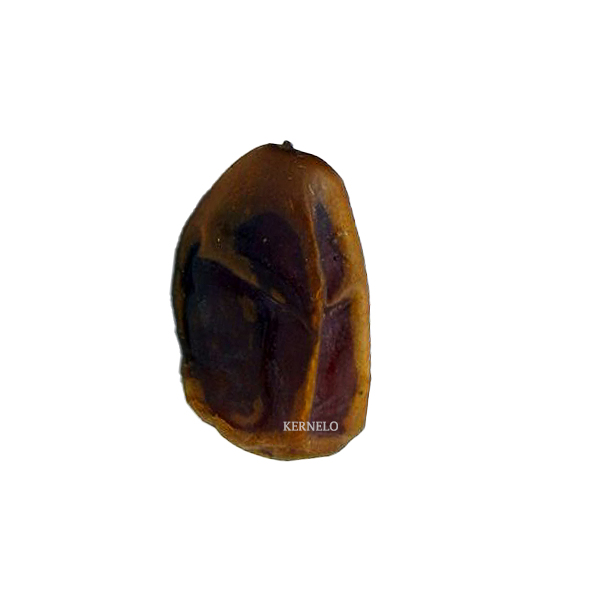




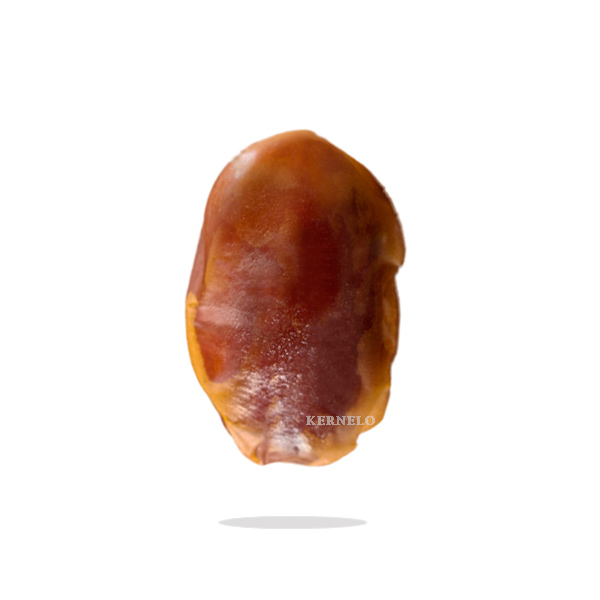







Reviews
There are no reviews yet.